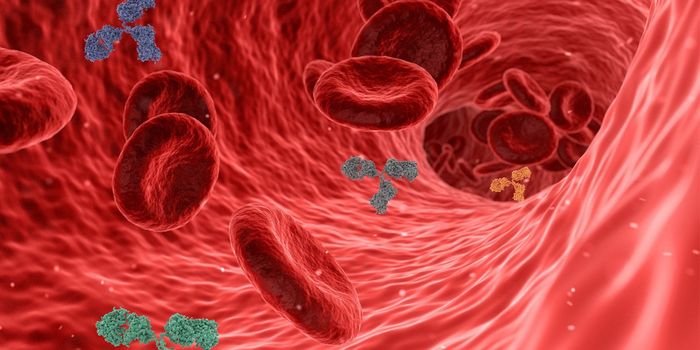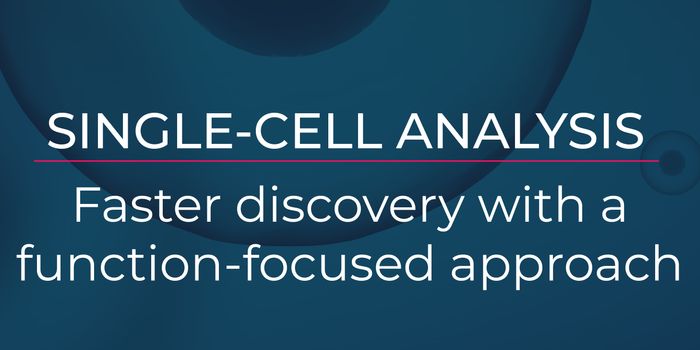Early onset stomach cancer in young people
New research from Mayo Clinic published recently in the journal Surgery details a distinction in the types of stomach cancer that affects particularly young people. Called early-onset cancer, this disease affects people under age 60 and accounts for over 30% of stomach cancer diagnoses.
While stomach cancer incidence is on the decline overall, early-onset stomach cancer incidence is rising. Researchers have now determined that early-onset stomach cancer is genetically and clinically distinct, showing that it is more aggressive and metastasizes faster than the stomach cancer in mature adults. It also has been shown to have a worse prognosis and be more resistant to chemotherapy.
Senior author Travis Grotz, M.D. is a Mayo Clinic surgical oncologist. He commented: "I think this is an alarming trend, as stomach cancer is a devastating disease. There is little awareness in the U.S. of the signs and symptoms of stomach cancer, and many younger patients may be diagnosed late -- when treatment is less effective. Typically, we see stomach cancer being diagnosed in patients in their 70s, but increasingly we are seeing 30- to 50-year-old patients being diagnosed," adds Dr. Grotz.
In conducting the study, the researchers analyzed cancer data spanning from 1973 50 2015, encompassing 75,225 cases in total. While they found that the average age of a stomach cancer diagnosis is 68 years old, they noticed a trend of younger people’s increased risk over the past decades.
According to the study’s findings, it appeared that early-onset stomach cancer was actually on the decline from 1973-1995 by 1.9% annually but then started to rise by 1.5% through 2013. Since 1995, the scientists found that the proportion of early-onset gastric cancer has increased twofold to now represent over 30% of all gastric cancer cases. The researchers say that this rise cannot be accounted for because of earlier screening processes. Dr. Grotz comments, saying, unfortunately, "There is no universal screening for stomach cancer, and the younger patients actually presented with late-stage disease than the older patients."
"Hopefully, studies like this will raise awareness and increase physician suspicion of stomach cancer, particularly in younger patients," Dr. Grotz says. “Additional investigations are warranted to better understand this alarming phenomenon,” write the authors, adding that they intend to continue their investigations by identifying risk factors for early-onset stomach cancer using the Rochester Epidemiology Project, among others.
Sources: Surgery, Science Daily









